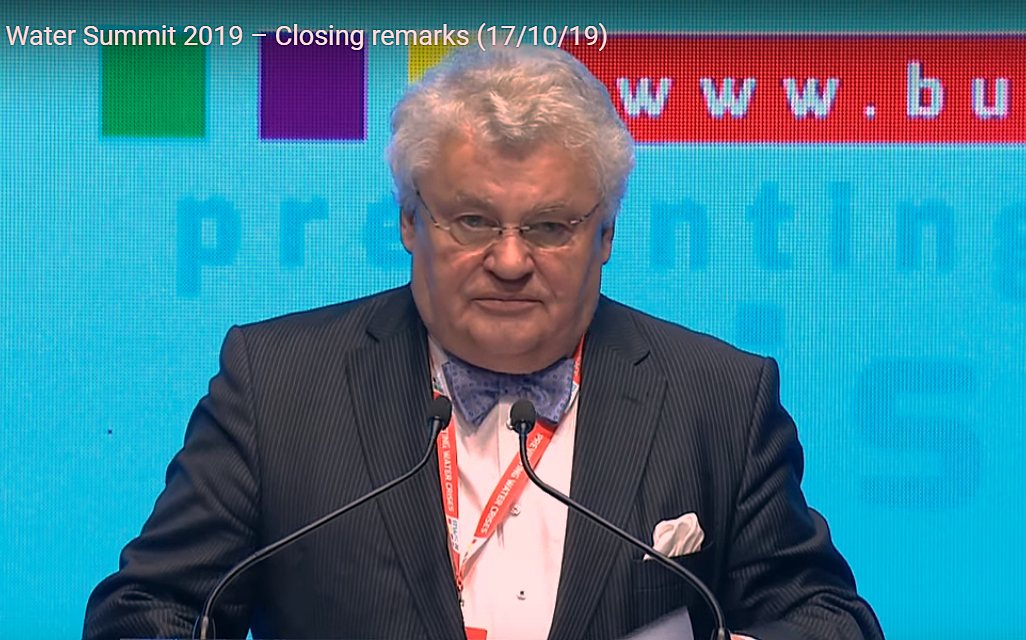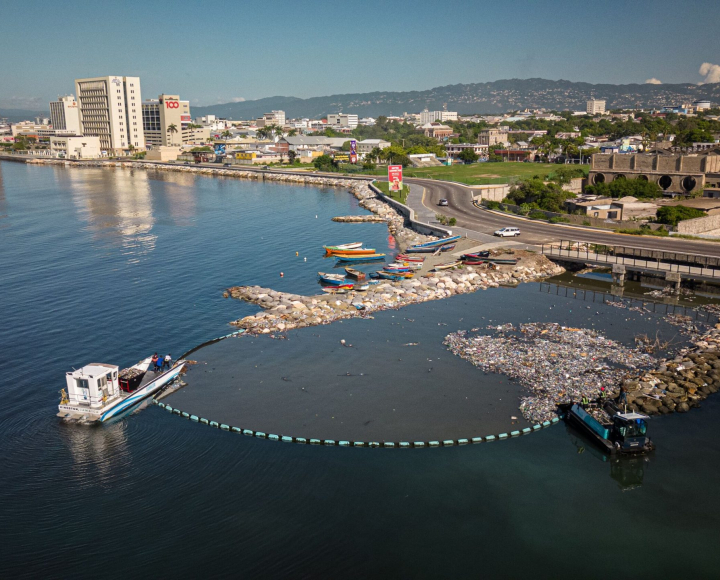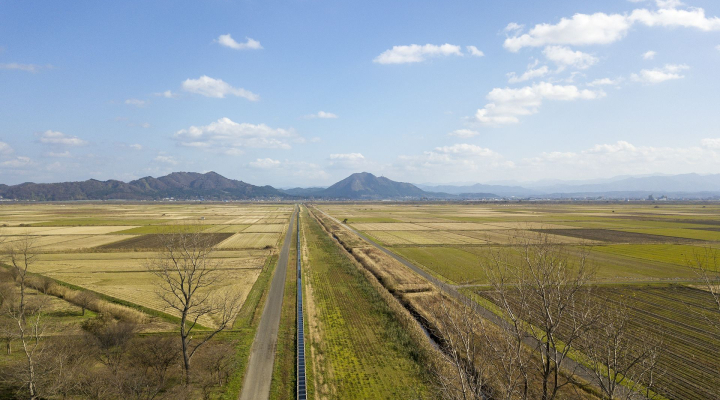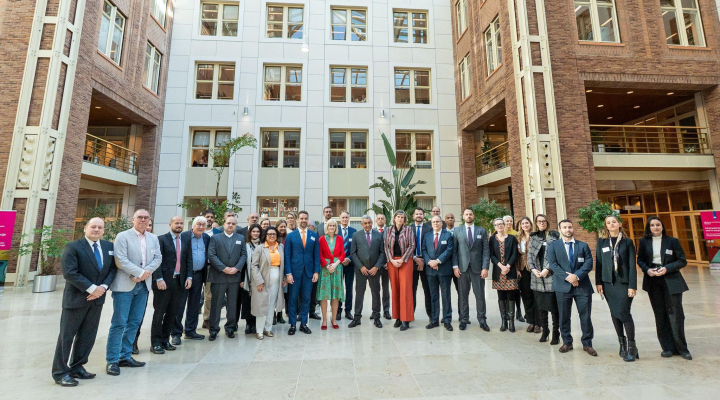Budapest Water Summit: The key to successful integrated water management
Do we have the right systems in place? That was the question posed in one of the sessions at the Budapest Water Summit. Key note speaker Claudia Pahl-Wostl of the University of Osnabrück called for more capacity to implement national plans on integrated water management. Panel member Eddy Moors of IHE Delft in The Netherlands advocated for an increase of scientific studies.
More emphasize on processes
‘Put more emphasize on processes, rather than on producing an idealized blue-print of integrated water resource management’, the German researcher advised the participators of the third Budapest Water Summit that took place from 15 – 17 October.
Pahl-Wost has made several in depth studies of IWRM-cases in Germany, South Africa, Spain, Iran and Mongolia. She especially looked for the revenues of the national plans.
Conflicting policies
She referred to the inconsistency of policy makers as an important reason why IWRM-plans fail to deliver. As an example she referred to her own country Germany that introduced a radical decision to abandon nuclear energy and turn to more biofuel.
According to Pahl-Wost this caused policy incoherencies in the water-food-energy nexus. Farmers started to produce more corn, resulting in more pollution of groundwater with nutrients. This worsened the non-compliance of Germany with the standards of the European Nitrate directive.
Most advanced national water law
Even more interesting were her insights on the very advanced water law in South Africa that has been adopted in 1998. The law introduced 17 catchment basins but the lack of finance and institutional capacity caused the fresh water basins that provide Cape Town to almost run out of water in early 2018.
‘Is it not better to have a less advanced national water law with more practical links to implementation’, she asked herself. Hierarchical national dominance is one of the key barriers for the implementation of integrated water management, she found out. Pahl-Wohl suggested the establishment of a Global community of practice on integrated water management linked to the implementation of the UN Sustainable Development Goals. Target 6.5 calls for integrated water resources management at all levels by 2030.
Implementation of science
Rector Eddy Moors of IHE Delft participated in the panel discussion and suggested the increase of scientific studies to have a prediction on what works and what not. ‘The medical world is very advanced in implementing science in order to be able to predict if a medicine or a treatment is likely to be successful. We can use these predictive characteristics of science on water interventions more often’, Moors advocated.
He referred to an international symposium organised by his institute in May next year in Delft, the Netherlands, on capacity development in the water sector. One of the themes of this symposium is on the implementation of science. The symposium aims at new steps in the development of more forward-looking and action-oriented insights on the real delivery of water security.
Human right to water
A growing number of countries follow the example of South Africa and include the human right to water in their national water laws. ‘This is a fundamental right, but how does it relate to the fact that 80 percent of all water is used by agriculture’, said Stefano Burchi, Executive Chairman, International Association for Water Law.
‘The tendency in advanced contemporary water law is to better protect small water use by the poor for drinking water purposes. However the delivery of this right, is a different story’, he said. ‘I have noticed a move from a legal framework for this little segment of drinking water to a much wider framework for all water use for livelihood purposes.'
Burchi: 'To my mind it is important to have a legal framework for all water users, but we should not leave behind the smaller drinking water sectors when it comes to regulating tools.'


Closing remarks
In the closing session chair of the conference, András Szöllősi-Nagy presented the outcome of the conference. He noted the aim of the conference to increase the political will to avoid a global water crises. ‘The crisis is already affecting millions of people, undermining food security destroying ecosystems, compromising economic development and forcing migration’, Szöllősi-Nagy marked.
‘We need to recognize the value of water in the fullest sense, create a water secure future, and build on opportunities presented by technology’, he concluded.









